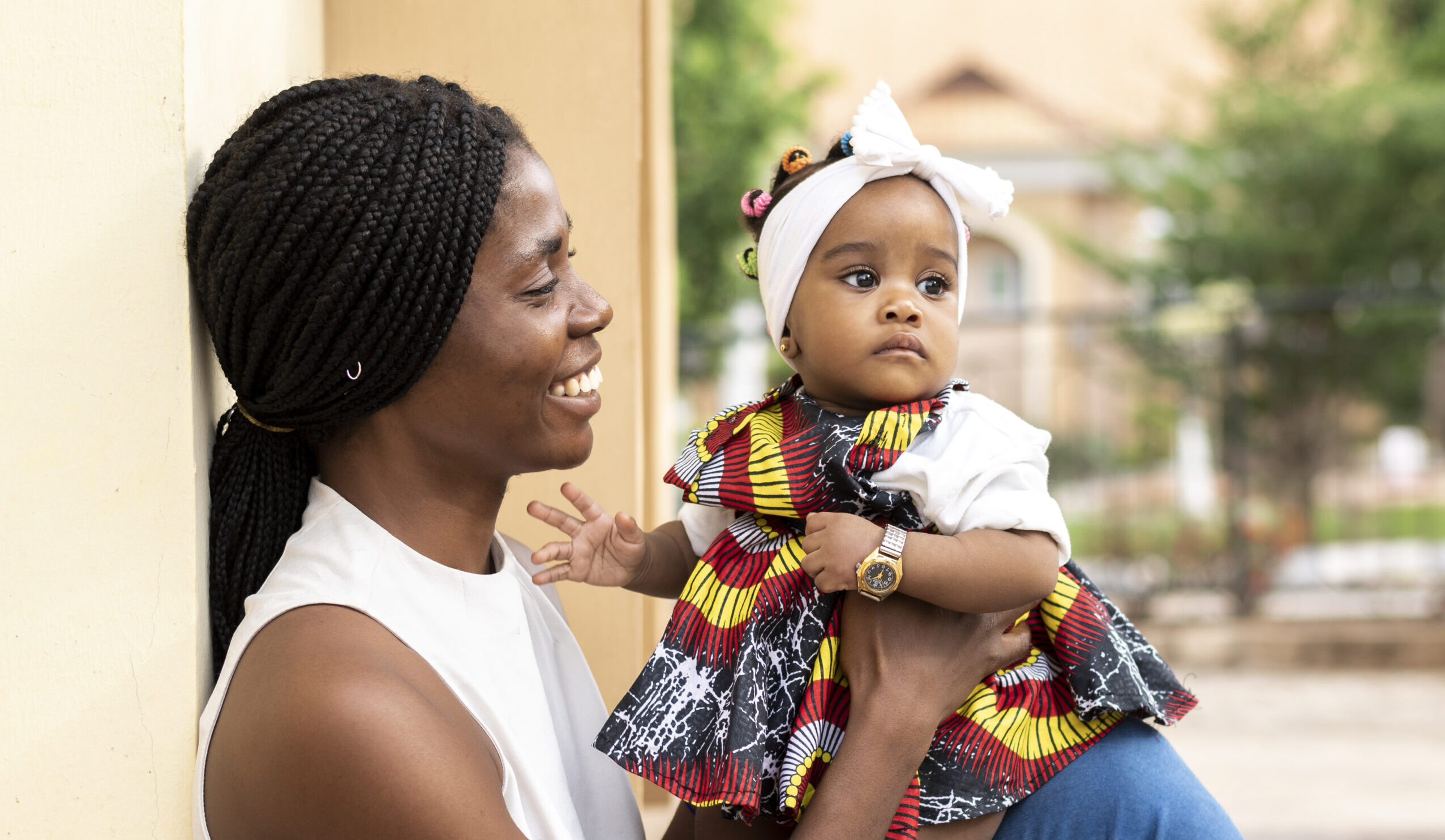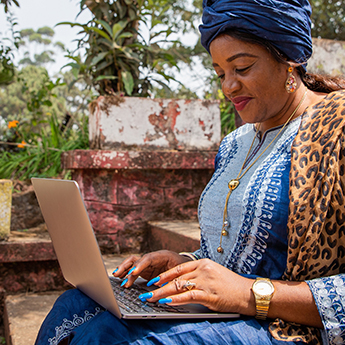
News
Makeshift justice the only recourse for ill-protected women at South Sudan camp
January 18, 2017
In the News
Previous

DOH to ‘pursue but won’t rush’ condoms distributio...
Next

Restoring reproductive health access for millions ...
Source: The Guardian
Topics:
Emergency Preparedness & Response
Rights-Based Family Planning
Partners:
South SudanIt is late afternoon when the white Jeep pulls up outside a compound attached to one of the largest camps for families fleeing South Sudan’s civil war. Accompanied by two UN police officers, a woman steps out and walks briskly past a rusty shipping container holding the man who allegedly raped her less than 24 hours earlier.
In a country where UN investigators say sexual violence remains ignored despite having reached “epic proportions” – one survey found 70% of women in such camps said they had been raped since conflict erupted in December 2013 – this is a rare example of action being taken.
The alleged incident illustrates not just the bleak reality facing women at the sprawling Malakal protection of civilians (PoC) camp, but also the shortcomings of international peacekeepers and the makeshift nature of justice at what is supposedly a place of safety for 33,000 people.








